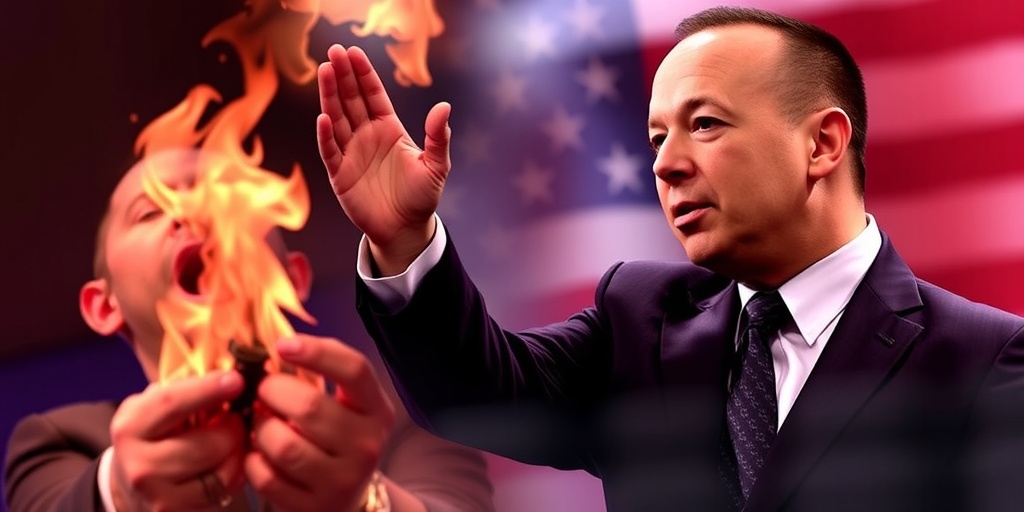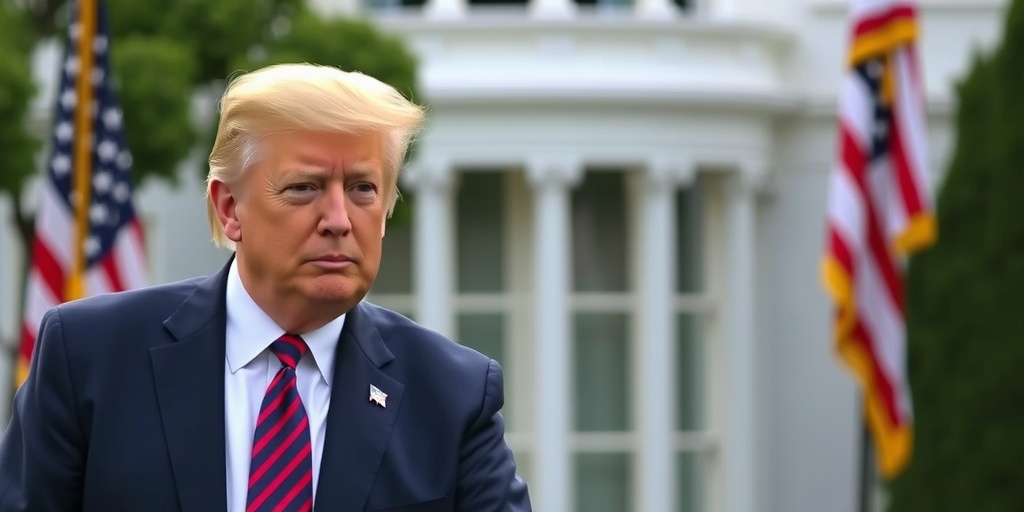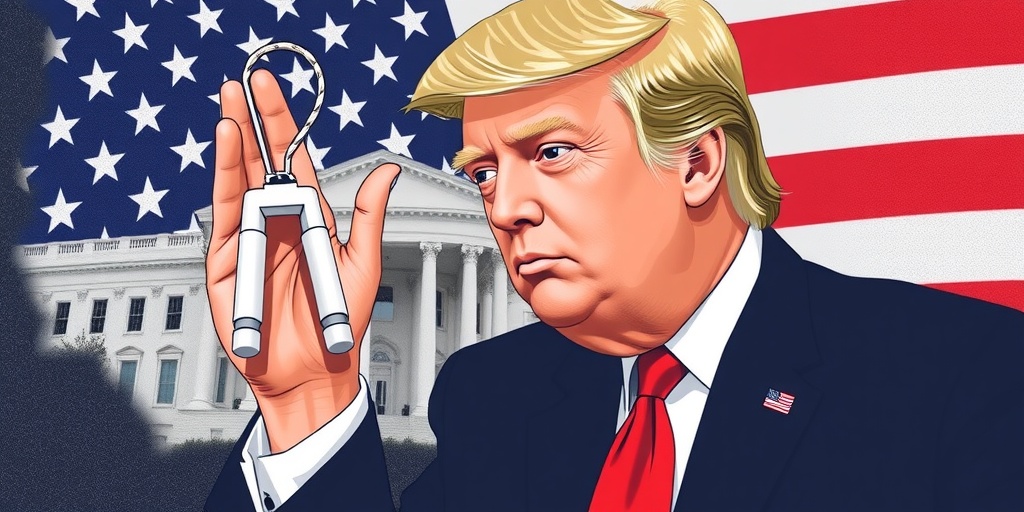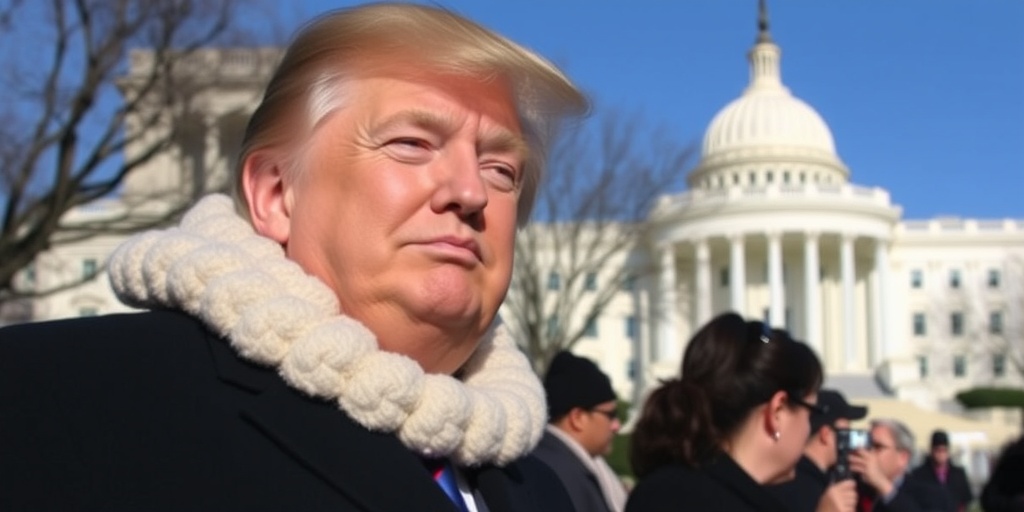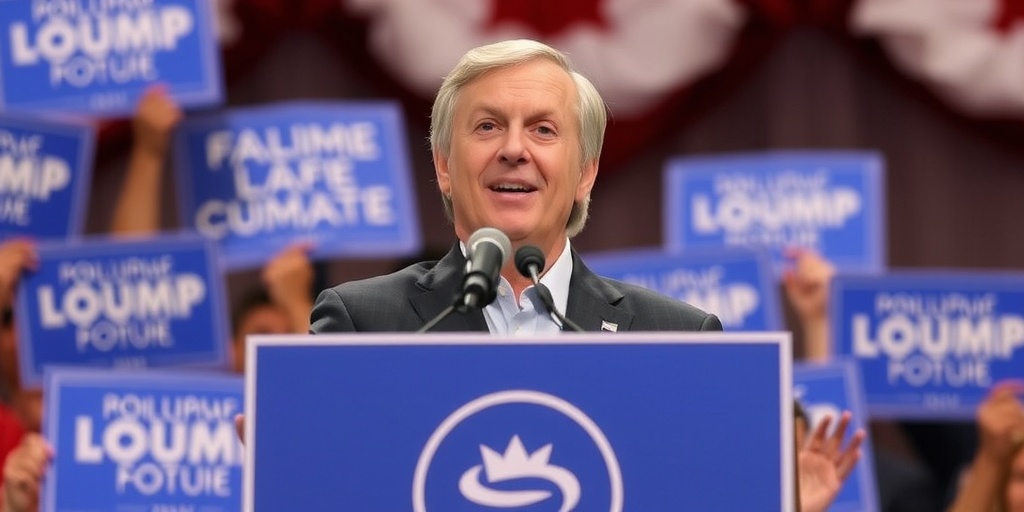Now Reading: Justice Department’s Largest Investigation Disappears Instantly
-
01
Justice Department’s Largest Investigation Disappears Instantly
Justice Department’s Largest Investigation Disappears Instantly
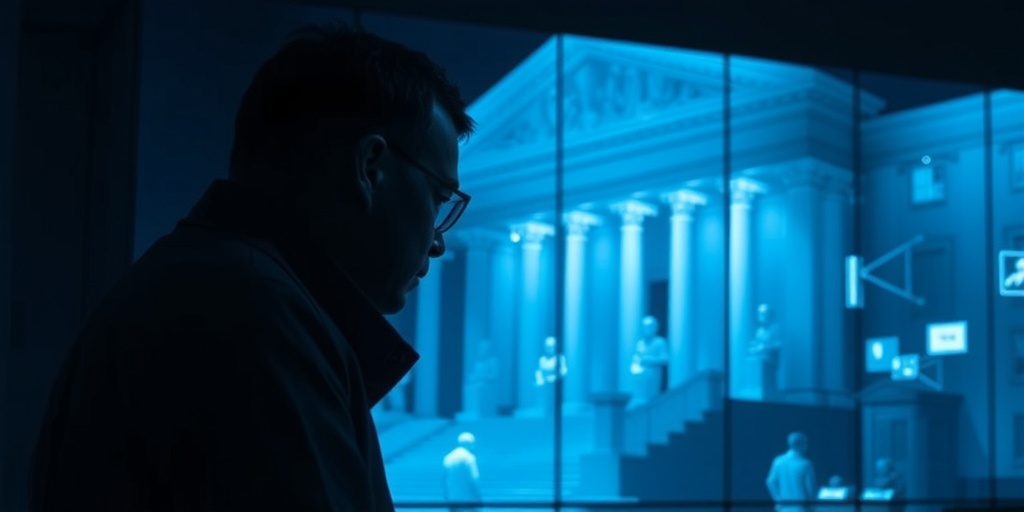
Title: The Ongoing Fallout from the January 6 Capitol Riots: Pardons and Prosecutions
In a historical investigation following one of the most notorious days in American politics, the Justice Department undertook a monumental task in prosecuting the individuals who stormed the Capitol on January 6, 2021. This endeavor, marked by its scale and complexity, aimed to hold accountable not only the rioters but also the leaders of far-right groups who incited the insurrection. However, that intricate web of accountability faced a sudden upheaval with actions taken by former President Donald Trump on Inauguration Day.
Mr. Trump has consistently characterized the prosecutions related to the January 6 events as a "witch hunt" orchestrated by Democrats. Yet, the reality is that these measures were initiated and executed under the leadership of his own appointees, including the U.S. attorney for the District of Columbia and the FBI director. Additionally, some Republican figures, such as Senator John Cornyn of Texas, have expressed support for the prosecutions, stating, “Those who planned and participated in the violence that day should be prosecuted to the fullest extent of the law.”
In an unexpected and widely criticized move, Mr. Trump issued full pardons to nearly all individuals implicated in the violent events of January 6. This decision, while anticipated by some, sent shockwaves throughout legal communities, as many prosecutors and former officials viewed it as a fundamental challenge to the rule of law. “It’s a gross misuse of the pardon power and indicates that Trump is willing to intervene in a process that was crucial for reinforcing legal standards,” remarked Joyce Vance, who served as a U.S. attorney in Alabama during the Obama administration.
Matthew M. Graves, who previously held the U.S. attorney position for the District of Columbia until this month, echoed concerns regarding the impact of Trump’s pardons on ongoing judicial processes. He stated that these pardons could hinder the Justice Department’s capacity to prosecute many individuals charged with assaults against law enforcement officers and potentially reduce the sentences of those already convicted for such actions. Graves emphasized that while Trump’s pardons posses significant implications, hundreds of defendants have already completed their sentences or are serving their probation terms, indicating that some elements of accountability remain intact despite the political upheaval.
Graves also raised further questions regarding the potential ramifications of these pardons on acts of political violence not related to the January 6 events. He pointed to the prosecution of leftist activists involved in demonstrations against climate policies and the Israel-Palestine conflict, questioning whether similar acts of political dissent would receive pardon consideration. This perspective underlines a growing concern about uneven applications of justice depending on political affiliations, thus raising broader questions about fairness and accountability in the legal system.
The January 6 insurrection remains a pivotal moment in U.S. history, marking the most severe breach of the Capitol since the War of 1812. The violent attack overwhelmed the local U.S. attorney’s office, which struggled to manage the vast numbers of evidence and witness testimonies, given its limited resources at that time. In response, the Justice Department, led by Trump-appointed attorney Michael R. Sherwin, mobilized prosecutors from across the nation to tackle the increasing volume of cases stemming from the insurrection.
To handle the unprecedented demands, the office developed an innovative system to collect, store, and analyze thousands of pieces of cellphone video evidence, which has since become a crucial model for prosecuting other criminal cases, including instances involving war crimes.
As Trump announced his pardons, he also made sweeping statements regarding the Justice Department and the broader legal landscape, asserting his intentions to "rebalance" the scales of justice. He claimed that the “vicious, violent and unfair weaponization of the Justice Department and our government will end,” as the political ramifications of the January 6 investigations and prosecutions become intersected with his ongoing grievances about the 2020 election and subsequent legal challenges.
The repercussions of the January 6 events continue to reverberate across the political landscape, highlighting the complexities of justice in a charged political climate. How these developments will shape future interactions between political power and the legal system remains to be seen, but they underscore the enduring impact of the insurrection and the struggles for accountability that follow.
Stay Informed With the Latest & Most Important News
Previous Post
Next Post
-
 01New technology breakthrough has everyone talking right now
01New technology breakthrough has everyone talking right now -
 02Unbelievable life hack everyone needs to try today
02Unbelievable life hack everyone needs to try today -
 03Fascinating discovery found buried deep beneath the ocean
03Fascinating discovery found buried deep beneath the ocean -
 04Man invents genius device that solves everyday problems
04Man invents genius device that solves everyday problems -
 05Shocking discovery that changes what we know forever
05Shocking discovery that changes what we know forever -
 06Internet goes wild over celebrity’s unexpected fashion choice
06Internet goes wild over celebrity’s unexpected fashion choice -
 07Rare animal sighting stuns scientists and wildlife lovers
07Rare animal sighting stuns scientists and wildlife lovers













